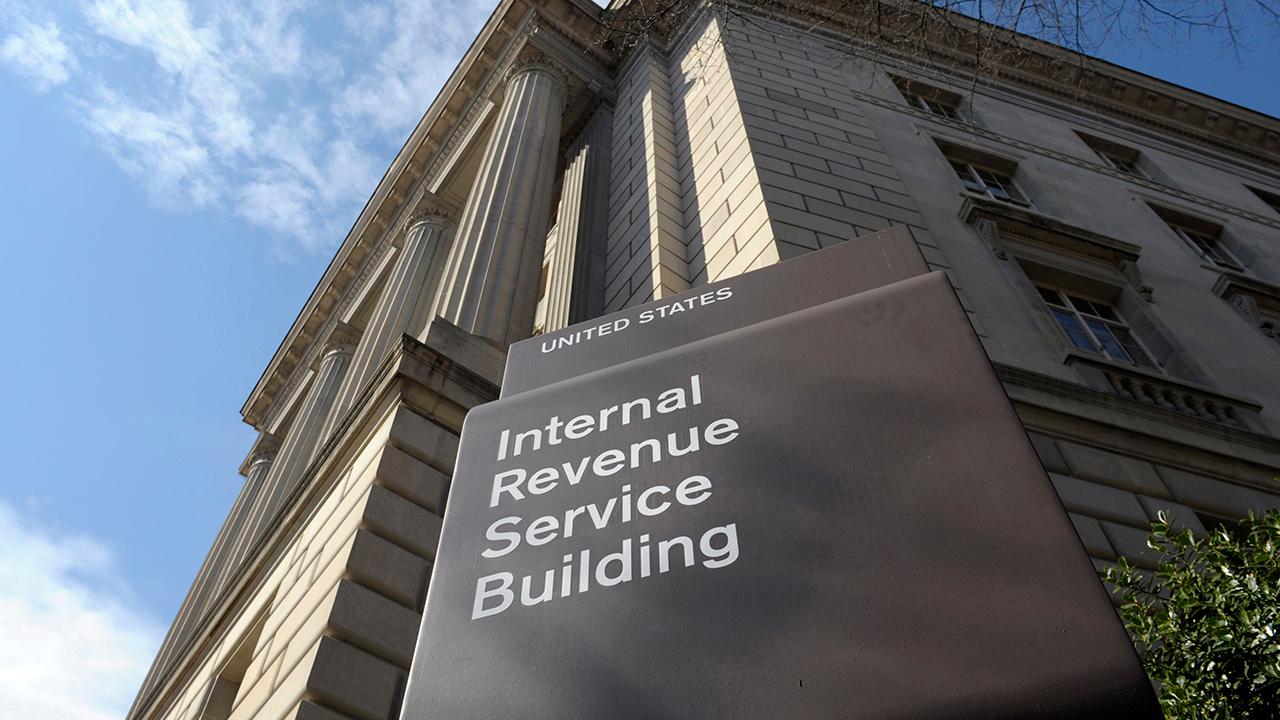IRS says 31% of its workers to retire in five years
Loss of employees may create a risk of knowledge and experience gaps
As the IRS combats numerous challenges, some could be exacerbated by potential looming staffing shortages.
According to a recent report from the tax agency, as much as 31 percent of the current workforce – or 19,719 workers – will retire within the coming five years.
The tax agency noted that will create a “significant risk of a large knowledge and experience gap.”
MANY AMERICANS DON'T UNDERSTAND TAX REFUNDS, DO YOU?
TAX SEASON 2020: THE IRS' BIGGEST PROBLEMS AND HOW THEY MAY AFFECT YOU
Testifying before Congress last year – after the first tax season filing under the Tax Cuts and Jobs Act kicked off amid much confusion and controversy – IRS Commissioner Charles Rettig said the agency is having a hard time attracting experienced candidates to replace the retiring, older workforce.
Rettig said the IRS “lost an entire generation” of employees during a hiring freeze that took place between 2011 and 2018. He also noted that while “experienced and knowledgeable” people are leaving, it takes a while to not only hire new personnel, which can be an eight- to nine-month process, but it also takes time to train those hires.
As of last year, less than 3 percent of the current IRS workforce was under the age of 30.
CLICK HERE TO GET THE FOX BUSINESS APP
Rettig has asked lawmakers to help restore streamlined critical pay authority to the IRS to help it compete with the private sector for workers – like cybersecurity workers – by allowing a swifter hiring process and the ability to offer substantially higher paychecks.
The effects of a declining workforce – and budget – are evident in the enforcement actions the agency has taken throughout recent years.
The IRS recently revealed that it audited just 0.45 percent of individual returns in fiscal 2019. As previously reported by FOX Business, the IRS audited 0.59 percent of individual tax returns, or about 892,000 returns in fiscal 2018 – fewer than the year prior when audits were at their lowest level since 2002. Rates for high-income earners (with adjusted gross income exceeding $10 million) fell to 6.66 percent, from more than 14 percent the year prior. That is the lowest level since at least 2008, when the tax agency began reporting the data.
The agency’s budget fell by about $2.6 billion between fiscal 2011 through 2019. Staffing has been reduced by nearly 30,000 positions over the same time period.
Similar to last year, taxpayers may encounter challenges thanks to staffing and funding shortages. For example, those hoping to get assistance from a customer service agent may have a hard time, according to a recent report from the National Taxpayer Advocate. Other challenges might include heightened refund delay times and problems with the Free File program.




















